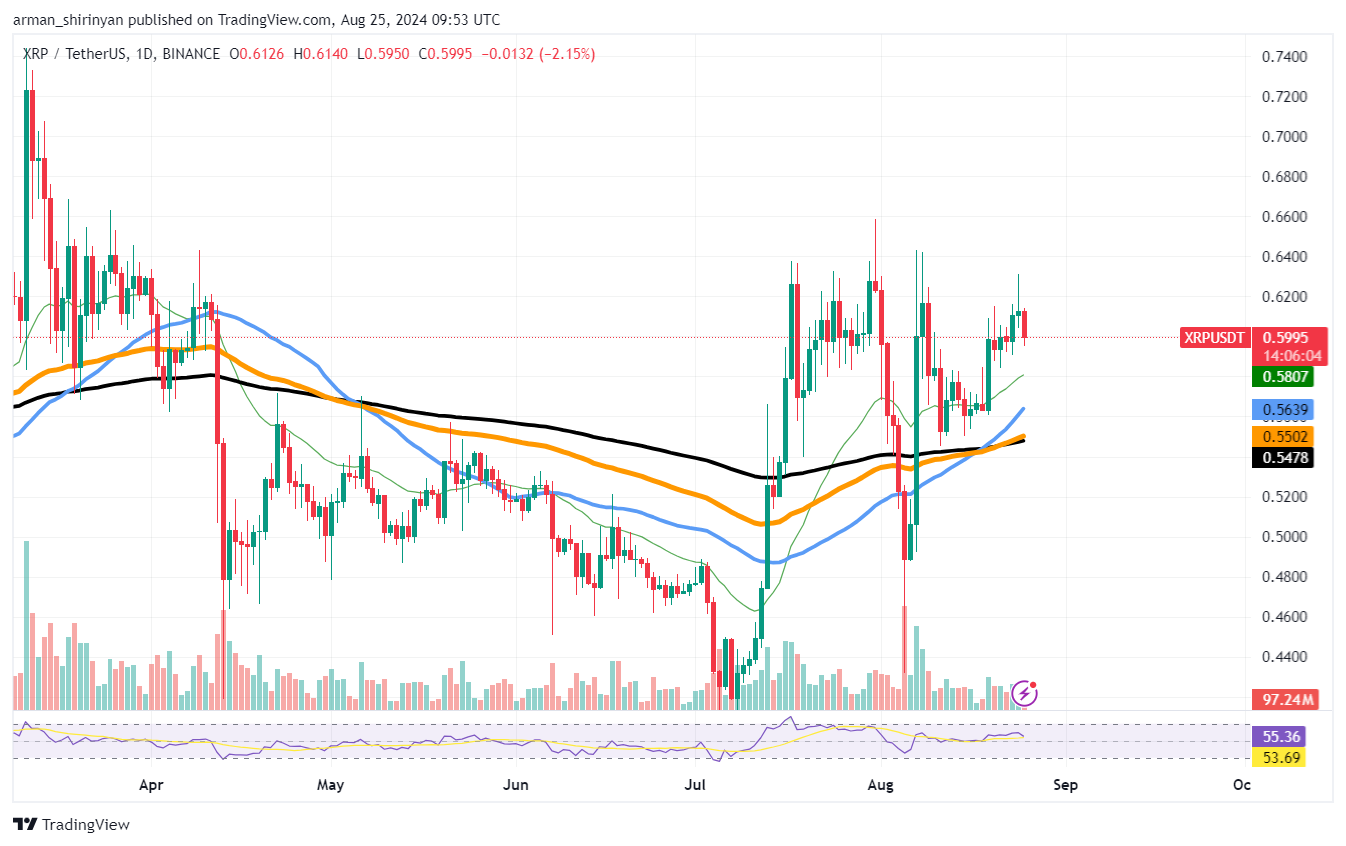Fri, 10/05/2024 – 12:05
Disclaimer: The opinions expressed by our writers are their own and do not represent the views of U.Today. The financial and market information provided on U.Today is intended for informational purposes only. U.Today is not liable for any financial losses incurred while trading cryptocurrencies. Conduct your own research by contacting financial experts before making any investment decisions. We believe that all content is accurate as of the date of publication, but certain offers mentioned may no longer be available.
After all hope was lost in a recent Phishing attack involving a trader, the hacker has shown a gesture of good faith with a partial refund. According to crypto analytics provider Lookonchain, a trader reportedly lost 1,155 WBTC worth $71 million to a Phishing attack about six days ago.
Advertisement
As described at the time, there was what appeared to be address poisoning in the transaction. The scammer generated an address similar to one owned by the victim, as showcased by the initial and concluding alphanumeric symbols. This hacker then funded the fake address with $0 and, as such, it appeared in the victim’s transaction history.
Without suspecting anything as the middle part of most addresses is typically obscured, the victim sent a massive $71 million to the hacker. While many of these attack strategies are common, this has been the most publicized in recent times.
In a unique turn of events, Lookonchain revealed that the hacker had started refunding the stolen funds, which were converted to Ethereum. At the time of the update, a total of 4,676 ETH, worth about $14.2 million, have been refunded to the victim. As it stands, it remains unclear if the refund is based on generosity or as a whitehat event where the hacker ends up getting a bounty.
While the refund of the stolen funds is a great gesture, this is not the first time such an action has been taken by hackers. There are precedents in this regard. The biggest chunk of stolen money that was refunded belonged to DeFi protocol Poly Network. The hacker, who ripped off over $600 million in the stolen funds, returned all the money, to the amazement of many.
There are many cases of scams in the crypto ecosystem lately, with hackers now resorting to AI technologies like Deepfakes to swindle gullible victims. Rather than relying on refunds, industry leaders are sensitizing communities to adopting the best safety standards to prevent falling prey to scams.







